Snapdragon X Elite Vs. M3: A Close Competition?
M3 offers better gaming performance while X Elite is good choice for multi-core operations
6 min. read
Updated on
Read our disclosure page to find out how can you help Windows Report sustain the editorial team. Read more
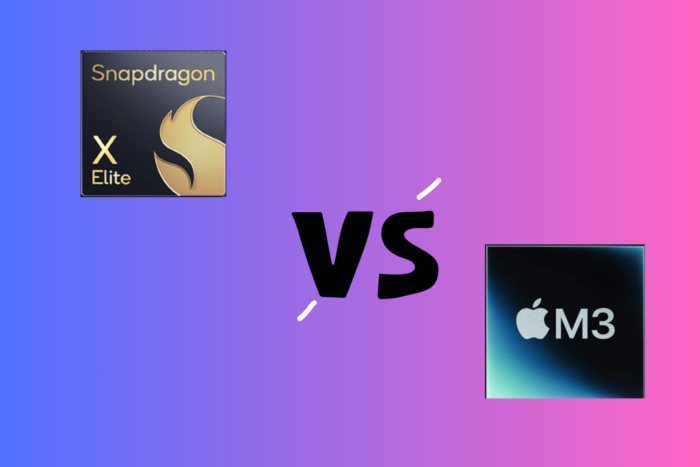
With all the hype created by Qualcomm’s new upcoming processor, Snapdragon X Elite, with Geekbench listings, everyone has a lot of expectations from the hardware component. Another popular player in the arena proving its supremacy is M3. Here, we have compared Snapdragon X Elite vs. M3 to help you understand which is the superior choice.
Snapdragon X Elite vs. M3: Which is best?
Snapdragon X Elite vs. M3: Specifications
| Snapdragon X Elite X1E-80-100 | M3 | |
| CPU cores | 12 (dual-core boost) 3 clusters of equally powerful cores, 12 threads | 8 (4 performance cores, 4 efficiency cores) It supports 24 GB unified memory |
| Instruction Set | ARMv9 | ARMv8 |
| Cache | L2: 12MB (shared) | L1: 192K (per core) || L2: 16MB (shared) |
| Frequencies | 4.0GHz boost 3.4GHz base | 3.7GHz performance 2.4GHz efficiency |
| Memory (as tested) | 16GB | 16GB |
| Transistors | NA | 25 billion |
| Fabrications process | 4 nm | 3 nm |
| Graphics | Qualcomm Adreno GPU Up to 3.8 TFLOPs | Apple M3 GPU Up to 4.1 TFLOPs 10 or 12 cores |
| NPU | Qualcomm Hexagon NPU Up to 45 TOPS | 10 cores Up to 18 TOPS |
| RAM | LPDDR5x Up to 64 GB 8448 MT/s transfer rate 135 GB/s bandwidth | LPDDR5 Up to 24 GB 6400 MT/s transfer rate 100 GB/s bandwidth |
| TDP | 23 W | 20 W |
| PCIe version | 4.0 | 4.0 |
| Connectivity | Wi-Fi 7 Bluetooth 5.4 | Wi-Fi 6E Bluetooth 5.3 |
CPU performance
The CPU that comes with Qualcomm’s new hardware component looks fairly better than its predecessors. With 12 performance cores, it is superior to Apple M3, which has 4 performance cores and 4 efficiency cores. However, when it comes to base frequency, Apple M3 is the clear winner.
Qualcomm has released the Snapdragon Elite X, which comes in three variants with slight differences in terms of multithread frequency, TFLOPS, and Dual-core boost. The variants are X1E-84-100, which has 23405 multithread and 3876 single thread, X1E-80-100, which has 22653 multithread and 3350 single thread, and X1E-78-100, which has 23595 multithread and 3195 single thread.
The Apple M3 has no variant and comes with an ARMv8 instruction set, which is lower than Snapdragon Elite.
Graphics performance
The Graphics performance looks promising with the Qualcomm Adreno 750 integrated GPU. For Apple M3, the GPU comes with Dynamic caching, which enables the use of local memory in hardware in real-time.
On the D Mark WildLife Extreme benchmark, which focuses on short-term performance, the Snapdragon X Elite got 6,260 points, while the Apple M3 scored 8,284 points. This indicates that Apple M3-powered computers have better GPU performance than Snapdragon X Elite.
NPU performance
Regarding NPU performance, Snapdragon X Elite can deliver up to 45 TOPS while M3 delivers only upto 18 TOPS. So, for AI-enriched features, X Elite is the go-to.
Gaming performance
Matt Talks Tech, when testing both processors while gaming, Apple M3 maintained higher average frames per second (FPS) in all tested games. This means you will have a better gaming experience on a device powered by M3 than a Windows computer with Snapdragon X Elite.
Battery Life
Qualcomm claims to give twice the battery life on a laptop powered by Snapdragon X Elite than Intel Core Ultra 7 155H.
Also, when Dave2D, a popular YouTuber, used the Asus Vivobook S15 powered by Snapdragon newest processor with a 70 Wh battery pack and tested it under light load, they found out that the device lasted to 10 hours and 26 minutes, which is close to the MacBook Air M3 (11 hours and 18 minutes).
Overall performance
Regarding power and efficiency, Snapdragon Elite X delivers a well-balanced performance. With a Neural Processing Unit (NPU) of 45 TOPS, it can be considered an AI powerhouse.
Apple M3 is the first chip built on an industry-leading 3-nanometer process, and it features technology that allows 25 billion transistors to be fitted into a smaller space.
GeekBench v6 results
Here are the GeekBench v6 results when common operations used in real-world apps were performed:
| Snapdragon X Elite (X1E-84-100) | Apple M3 | |
| Single core score | 2880 | 3009 |
| Multi-core score | 15211 | 11815 |
| Operating System | Microsoft Windows 11 Pro (64-bit) | macOS 14.1 (Build 23B2073) |
| Model | Qualcomm CRD | iMac (24-inch, 2023) |
| Name | Snapdragon X Elite – X1E84100 – Qualcomm Oryon CPU | Apple M3 |
| Topology | 1 Processor, 12 Cores (12 performance cores) | 1 Processor, 8 Cores 4 Performance and 4 efficiency cores |
| Identifier | ARMv8 (64-bit) Family 8 Model 1 Revision 201 | Apple M3 |
| Base Frequency | 4.20 GHz | 4.05 GHz |
| Cluster 1 | 8 Cores | 4 Cores |
| Cluster 2 | 4 Cores | 4 Cores |
| Size | 16 GB | 16 GB |
Single- Core & Multi-Core performance
| Tasks performed | Snapdragon X Elite (X1E-84-100) Single-Core | M3 Single Core | Snapdragon X Elite (X1E-84-100) Multi-Core Performance | M3 Multi-Core Performance |
| File Compression | 2569 369.0 MB/sec | 2876 413.0 MB/sec | 8183 1.15 GB/sec | 8964 1.26 GB/sec |
| Navigation | 2308 13.9 routes/sec | 2799 16.9 routes/sec | 15240 91.8 routes/sec | 12579 75.8 routes/sec |
| HTML5 Browser | 3188 65.3 pages/sec | 3051 62.5 pages/sec | 16542 338.7 pages/sec | 12920 264.5 pages/sec |
| PDF Renderer | 2924 67.4 Mpixels/sec | 13610 313.9 Mpixels/sec | 18059 416.5 Mpixels/sec | 13610 313.9 Mpixels/sec |
| Photo Library | 2902 39.4 images/sec | 2704 36.7 images/sec | 20575 279.2 images/sec | 13858 188.1 images/sec |
| Clang | 3461 17.0 Klines/sec | 3711 18.3 Klines/sec | 29422 144.9 Klines/sec | 19233 94.7 Klines/sec |
| Text Processing | 2724 218.2 pages/sec | 2863 229.2 pages/sec | 3354 268.6 pages/sec | 3708 297.0 pages/sec |
| Asset Compression | 2768 85.8 MB/sec | 2818 87.3 MB/sec | 25006 774.8 MB/sec | 14596 452.3 MB/sec |
| Object Detection | 2998 89.7 images/sec | 2515 75.3 images/sec | 12511 374.4 images/sec | 9374 280.5 images/sec |
| Background Blur | 2852 11.8 images/sec | 2790 11.5 images/sec | 16355 67.7 images/sec | 12119 50.2 images/sec |
| Horizon Detection | 2967 92.3 Mpixels/sec | 3605 112.2 Mpixels/sec | 17891 556.7 Mpixels/sec | 15987 497.5 Mpixels/sec |
| Object Remover | 2578 198.2 Mpixels/sec | 3742 287.7 Mpixels/sec | 15765 1.21 Gpixels/sec | 12145 933.8 Mpixels/sec |
| HDR | 3515 103.1 Mpixels/sec | 3390 99.5 Mpixels/sec | 17346 509.0 Mpixels/sec | 13768 404.0 Mpixels/sec |
| Photo Filter | 3434 34.1 images/sec | 3672 36.4 images/sec | 11852 117.6 images/sec | 11573 114.8 images/sec |
| Ray Tracer | 2457 2.38 Mpixels/sec | 2457 2.38 Mpixels/sec | 25819 25.0 Mpixels/sec | 13341 12.9 Mpixels/sec |
| Structure from Motion | 2858 90.5 Kpixels/sec | 3070 97.2 Kpixels/sec | 18590 588.6 Kpixels/sec | 13532 428.5 Kpixels/sec |
The Conclusion: Snapdragon X Elite vs. M3
Qualcomm has 50% more cores, including 12 performance cores, compared to 4 performance and 4 efficiency cores in Apple M3. However, it is only 21% faster.
Also, it is still behind in single-core performance from Apple M3 but has proven to be better in multi-performance, which makes the Qualcomm processor a strong contender for tasks that benefit from parallel processing.
Apple M3 comes with a powerful GPU that delivers superior graphics performance and is better for gaming as well. When it comes to battery efficiency, Snapdragon X Elite appears to be promising, as it can be used for longer operational times compared to its predecessors.
So, if you want a processor with better multi-core capabilities, Snapdragon X Elite should be your go-to. However, if you are looking for a processor efficient in single-core tasks and a better gaming experience, Apple M3 is the best option.
We have also compared Qualcomm against other brands, so for more information, check out our guides on Snapdragon X Elite vs. Z1 Extreme and Snapdragon X Elite vs. M4.
If you are wondering about the hardware differences, don’t miss out on our guide on Snapdragon X Elite versions to know more about each CPU.
To learn how Snapdragon X Elite and Plus compare, we have a guide that covers both series in detail.
What do you think about these new chips by Qualcomm, are they ready to beat Apple M3? Share your thoughts in the comments section below.
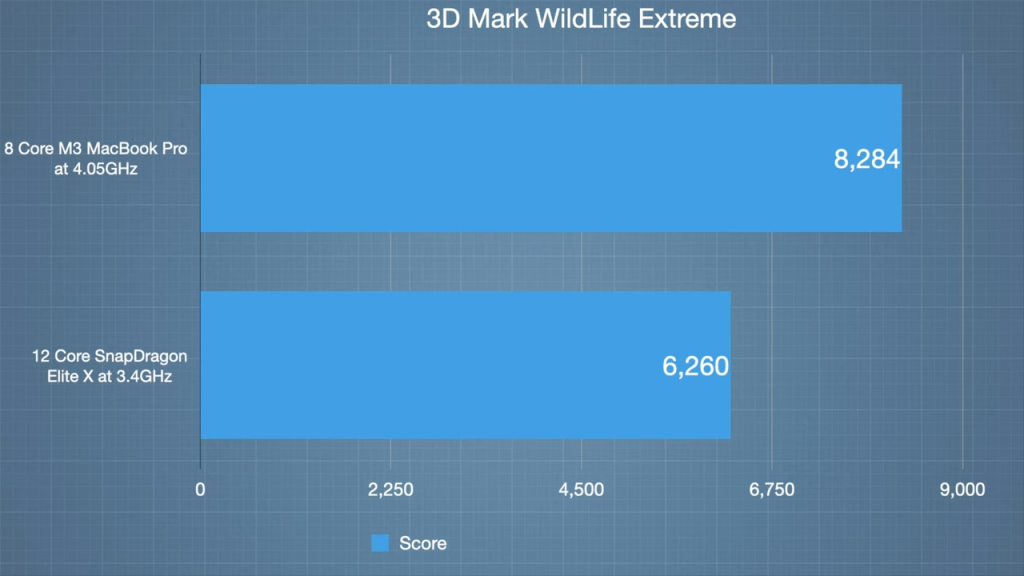
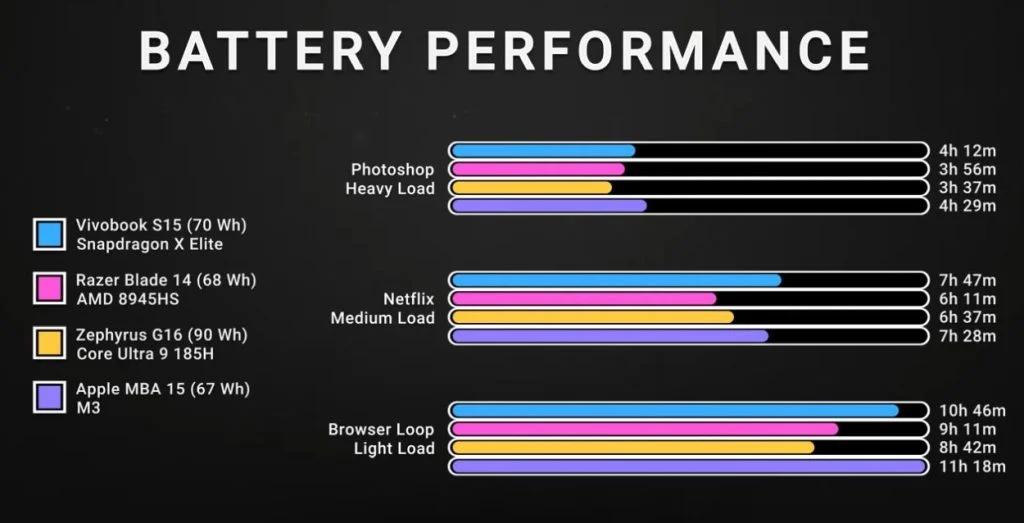
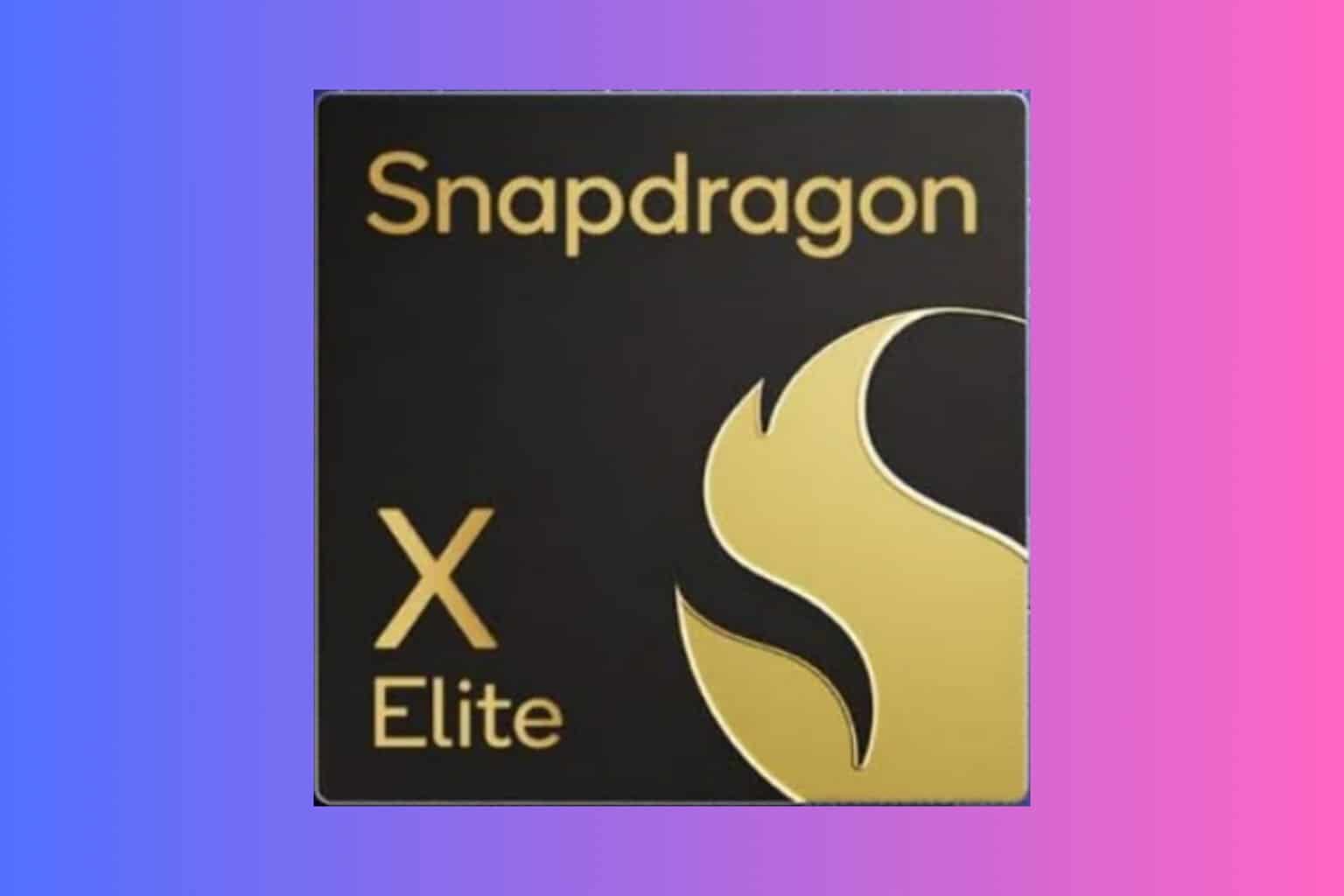
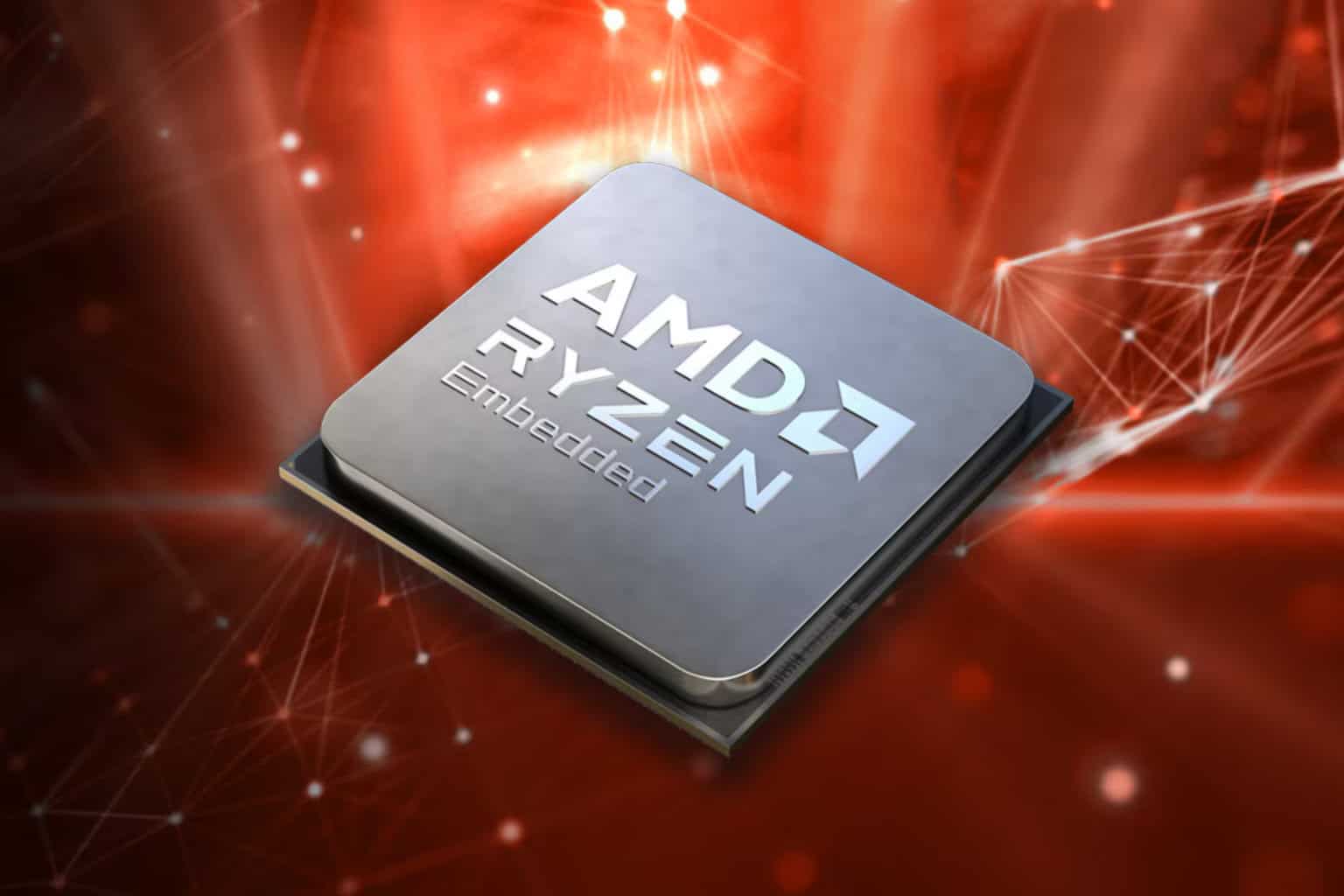

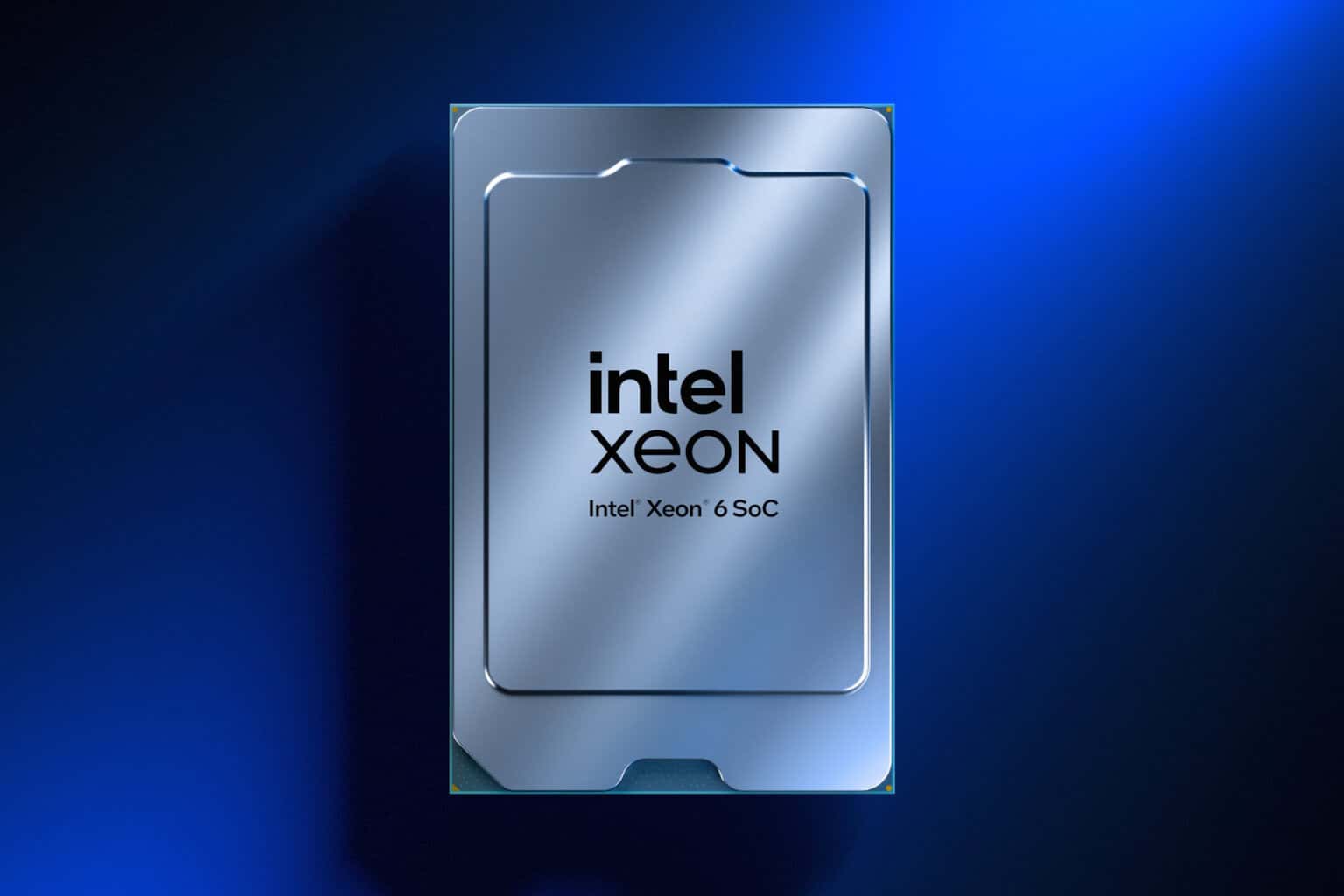
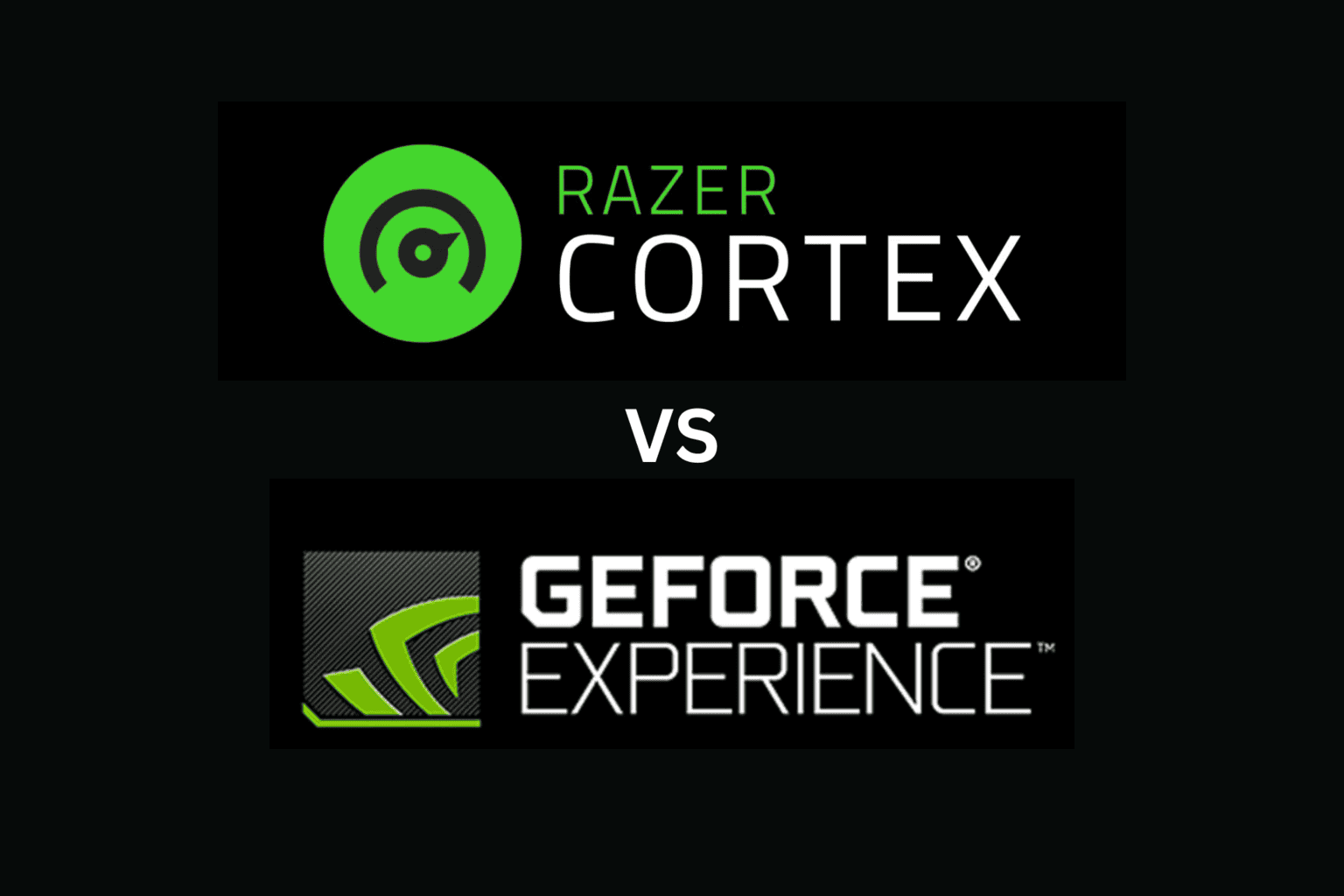
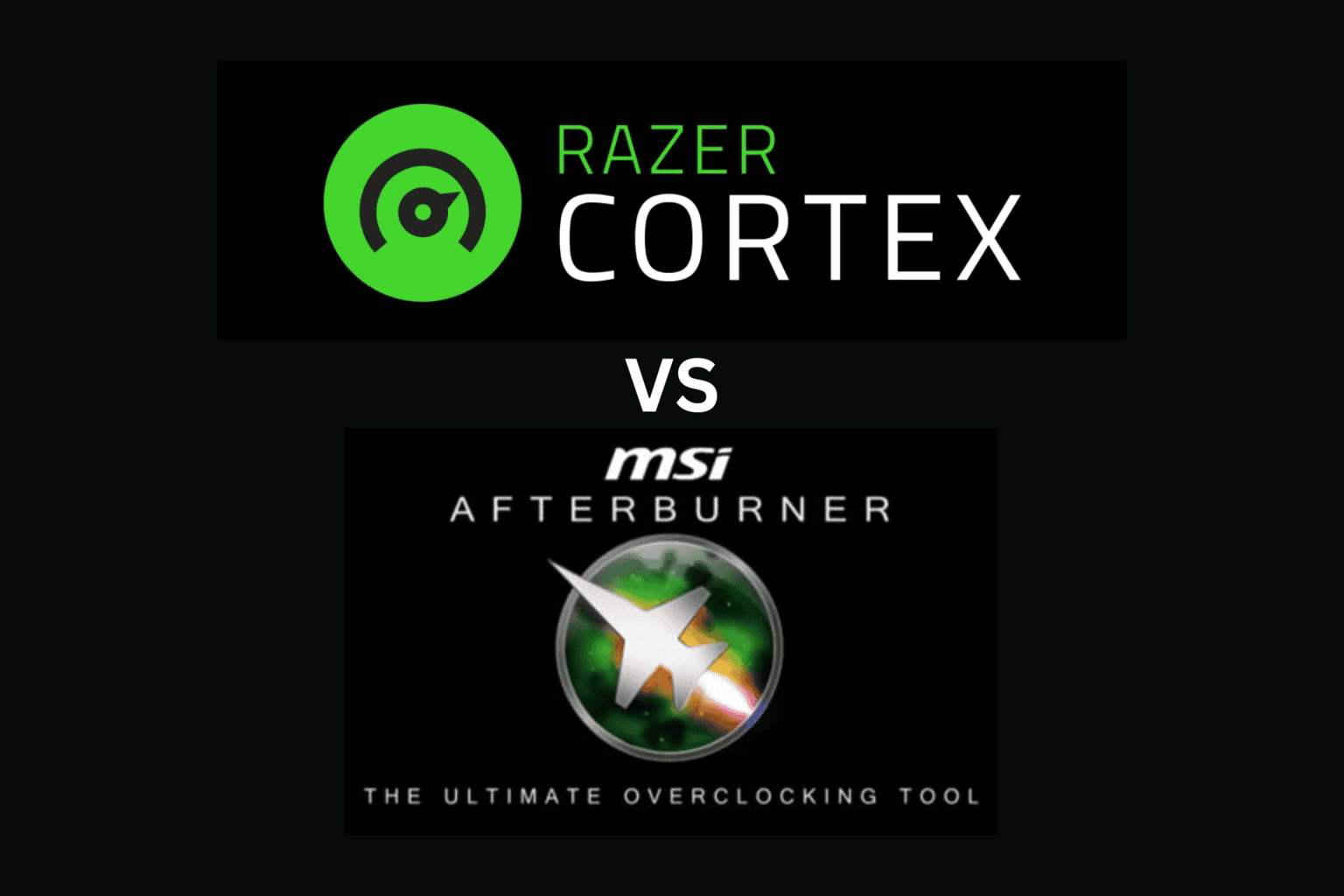
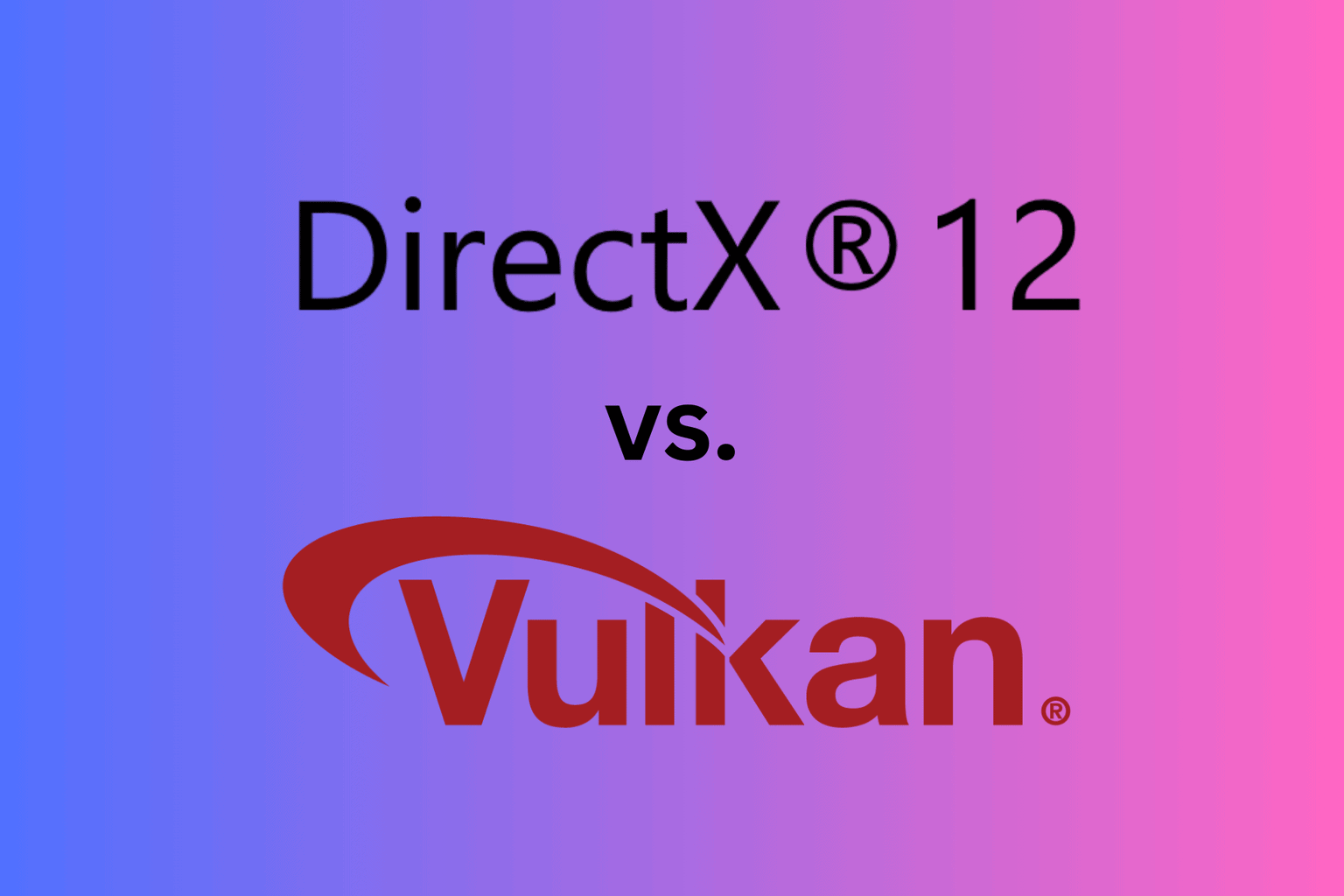
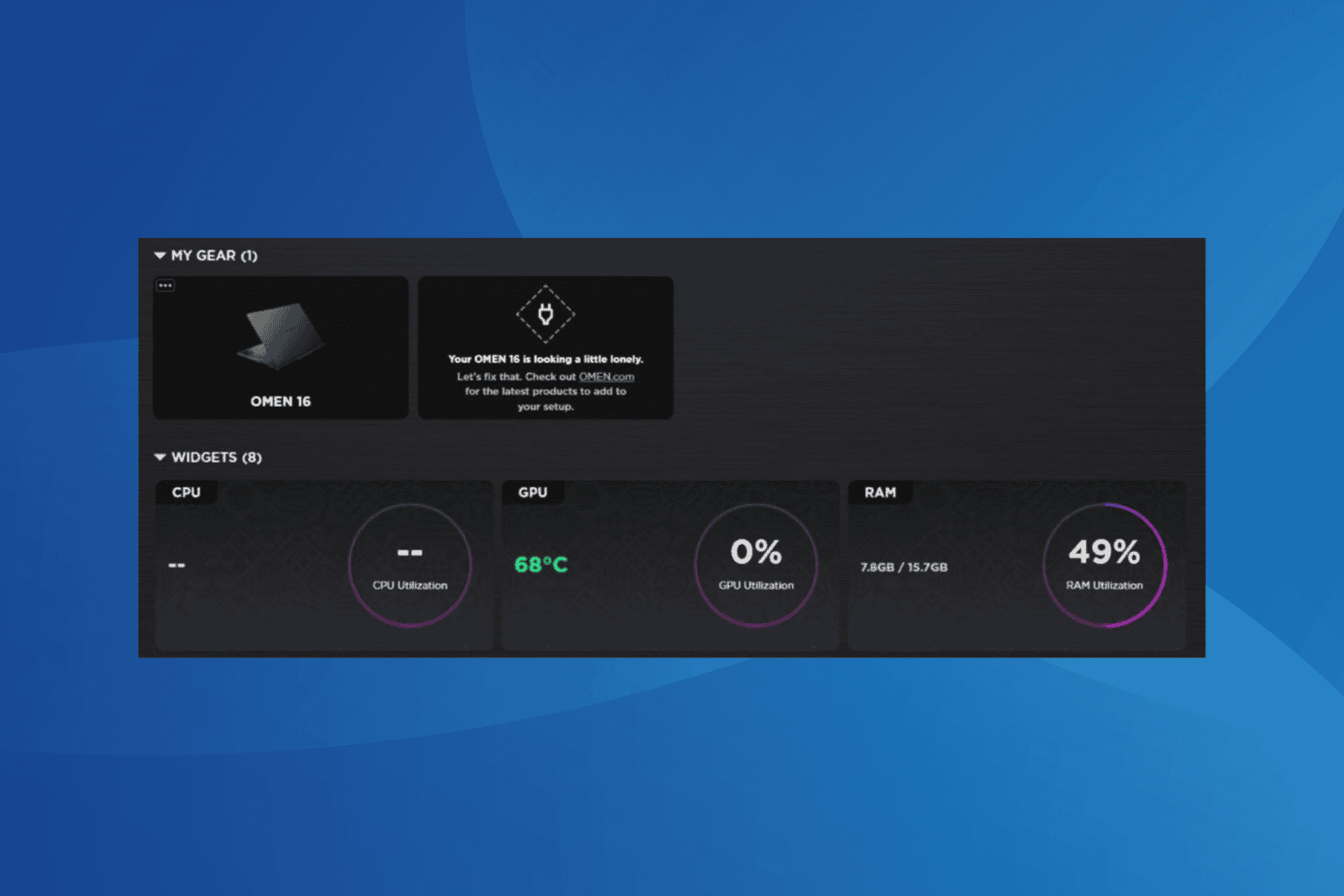
User forum
0 messages